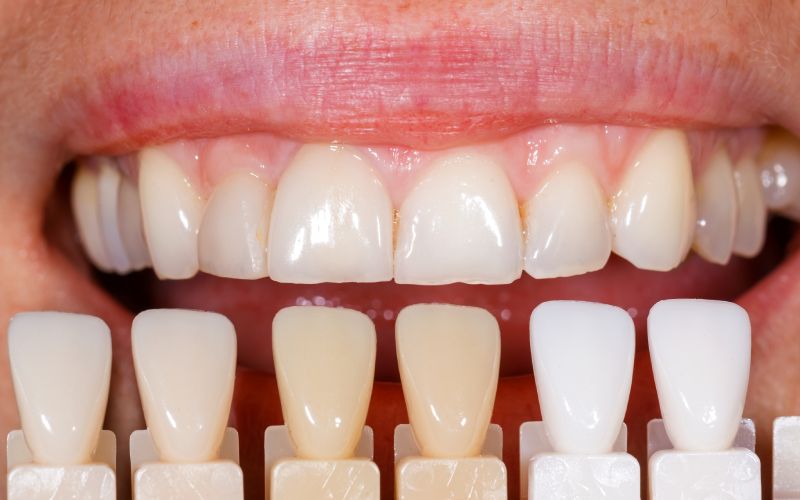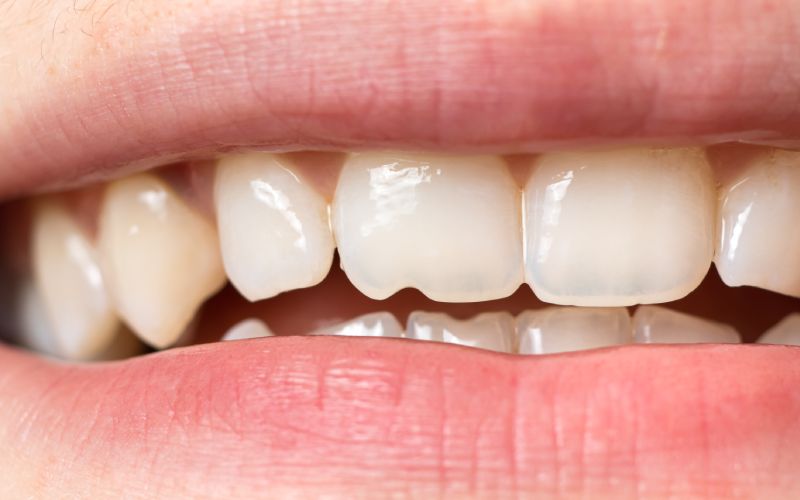Dreaming of a more appealing smile? Tooth bonding might just be your ticket. This cosmetic dental procedure is not only simple and effective but also comes with a variety of options to suit your specific needs.
In this article, you’ll explore the different types of dental bonding available, each designed to address issues like chipped, cracked, or discoloured teeth. You’ll discover how a quick trip to the dentist can dramatically enhance your smile.
Table of Contents
ToggleWhat Is Dental Bonding?
Definition of Dental Bonding
Dental bonding is a restorative procedure where a tooth-coloured composite resin material is applied to your teeth to repair damage and improve appearance. This resin is shaped and polished to blend with the surrounding tooth structure. Unlike veneers or crowns that are manufactured in a lab, dental bonding can be done in a single visit. The process involves etching the tooth surface to accept the bonding material, applying the resin, curing it with a special light, and finally, shaping and polishing it to achieve a natural look.
Benefits of Dental Bonding
- Quick and Efficient: Unlike other procedures that may require multiple visits, dental bonding usually takes about 30 to 60 minutes per tooth to complete.
- Cost-Effective: Dental bonding is affordable.
- Minimally Invasive: The process removes less tooth enamel compared to veneers and crowns.
- Versatile Use: It covers a range of dental issues such as chips, cracks, discolouration, gaps, and can even change the shape of teeth.
- Improved Tooth Structure: Bonding material strengthens teeth, preserving dental health and function.
- Aesthetically Pleasing: The composite resin comes in various shades to match the natural colour of your teeth for a seamless appearance.
Through dental bonding, you can enjoy a restored smile and improved oral health without the extensive procedure of other cosmetic options. With the right care, the durability of bonded teeth can extend for years, ensuring that your smile remains both beautiful and strong.
Different Types of Dental Bonding
Composite Bonding
Composite bonding, often the go-to choice for a quick smile enhancement, involves a versatile, tooth-coloured resin. Dentists mould and shape this material to correct imperfections such as chips, gaps, and discolouration. The resin is then cured with a specialized light, effectively bonding to your tooth. One of the main advantages of composite bonding is its cost-effectiveness and the minimal tooth preparation required, making it a conservative treatment choice.

Veneers
Veneers are custom-fitted, thin shells that cover the front of your teeth, providing a dramatic transformation. They address multiple aesthetic concerns including severe discolouration, chips, and uneven teeth. The strength and stain resistance of porcelain means that veneers not only perfect your smile but are also durable and long-lasting.
Ceramic Crowns
When teeth are extensively damaged or decayed, ceramic crowns restore both function and appearance. These tooth-shaped caps cover the entire tooth surface, offering full restoration for teeth that cannot be treated with bonding or veneers. Ceramic crowns are strong, biocompatible, and can be matched to the natural colour of your teeth to blend seamlessly into your smile.
Glass Ionomer Bonding
Glass ionomer bonding materials are a mixture of acrylic and a specific type of glass which bonds to the tooth and releases fluoride over time. This type of bonding is particularly useful for small restorations in areas not subjected to heavy chewing pressure. It’s also often used for children as it can adapt to a tooth that is still growing.
Factors to Consider When Choosing Dental Bonding
When opting for dental bonding to enhance your smile, there are several essential factors you need to consider to ensure you make the right choice for your dental health and aesthetics.
Durability
Bonded teeth do not last as long as dental crowns or veneers, but may last several years with proper care. Good dental hygiene and regular dentist visits can help extend the life of your bonded teeth, but you should prepare for the possibility of future touch-ups or repairs.
Aesthetics
Dental bonding materials like composite resin can be shaded to match your natural teeth, offering a seamless finish which results in a more attractive smile. However, it’s worth noting that composite resin is more susceptible to staining compared to the porcelain used in veneers.
To maintain the aesthetic appeal of bonded teeth, you’ll need to be mindful of consuming staining foods and drinks, and possibly invest in professional cleanings more frequently.
Maintenance
Maintaining bonded teeth requires commitment. You’ll need to avoid certain habits to prevent damage and discoloration. Avoid biting your nails, chewing on hard items, and using teeth as tools. Limit the consumption of staining substances like red wine, tea, and coffee, and try to cut out tobacco use.
Regular dental checkups are crucial to monitor the condition of bonded teeth and address any issues promptly. These preventive measures will help you keep your bonded teeth in optimal condition for as long as possible.
The Next Step
Choosing the right dental bonding option for your smile is pivotal. You’ve explored the various factors that play into making an informed decision. Always weigh the cost against the durability and aesthetics of the materials, and don’t forget the maintenance aspect. Armed with this knowledge, you’re now prepared to discuss your options with the team at Onyx Dental and take a step towards a brighter smile. Remember, the best choice is one that aligns with your dental health needs and your personal desires for your smile’s appearance.



